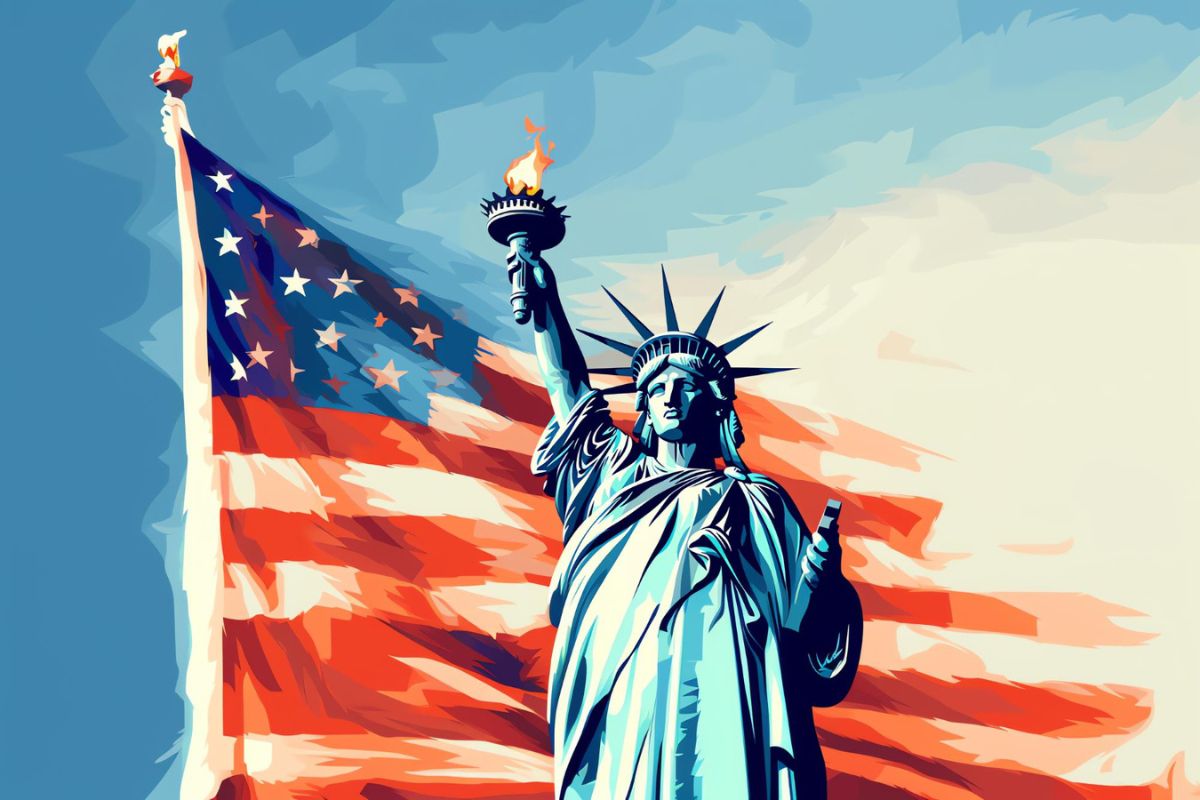The United States has updated its Visa Bond Pilot Program, adding The Gambia to the list of countries whose citizens must post a security bond before entering the country. The bond, which can range from $5,000 to $15,000, aims to discourage visa overstays and misuse of short-term visitor visas.
What the Visa Bond Program Means
This program isn’t new; it’s part of a year-long pilot launched by the US Department of State on August 20, 2025, running until August 5, 2026. It applies to temporary visitors travelling for business or tourism under the B-1/B-2 visa category.
In simple terms, travellers from certain countries must deposit a refundable bond before receiving their US visa. The idea is to ensure that visitors leave the country before their visa expires.
Who Is Affected
The rule targets nationals of countries with high visa overstay rates, limited screening and vetting systems, or those that offer Citizenship by Investment programs with little or no residency requirement.
As of October 2025, the program applies to citizens of:
- Malawi (added August 20, 2025)
- Zambia (added August 20, 2025)
- The Gambia (added October 11, 2025)
These are the only countries currently listed under the program.
How the Visa Bond Works
If you’re from one of these countries and are found eligible for a B1/B2 visa, the consular officer will decide your bond amount, $5,000, $10,000, or $15,000, during your visa interview.
You’ll then need to submit Form I-352 and pay the amount securely through the US Treasury’s Pay.gov platform.
Visa holders posting a bond must also enter and exit the country through designated airports:
- Boston Logan International Airport (BOS)
- John F. Kennedy International Airport (JFK)
- Washington Dulles International Airport (IAD)
When the Bond Is Refunded
The good news is that the full amount will be returned automatically if you comply with your visa conditions. This includes:
- Leaving the US on or before your authorised stay ends.
- Do not travel to the US before your visa expires.
- Being denied admission at the port of entry.
In short, as long as you don’t overstay or misuse your visa, you’ll get your money back.
What Happens If You Overstay
If the Department of Homeland Security suspects a breach, the case goes to USCIS for review. You could lose your bond if you:
- Stay beyond your permitted period.
- Fail to depart the US after your authorised stay.
- Apply to adjust your status or seek asylum.
Why These Countries Were Chosen
According to the DHS FY 2024 Overstay Report (updated July 16, 2025):
- The Gambia recorded a 38.79% overstay rate for B1/B2 visas and 18.6% overall.
- Malawi saw an overstay rate of 14.32% by land and 4.17% by air/sea for visitors, and 19.71% among student visa holders.
- Zambia also reported over 10% overstay rates for visitor visas.
To put that in context, India’s B1/B2 overstay rate in the same period was just 1.29%, showing how significant the gap is.
What This Means for Travellers
For travellers from Malawi, Zambia, or The Gambia, this rule adds an extra layer of expense and paperwork. But for the US government, it’s a way to ensure accountability and reduce overstays cases.
If you plan to visit the US from one of these countries, prepare to factor in the bond amount and entry point requirements when organising your trip.
Follow and connect with us on Facebook, Twitter, LinkedIn, Instagram and Google News for the latest travel news and updates!
